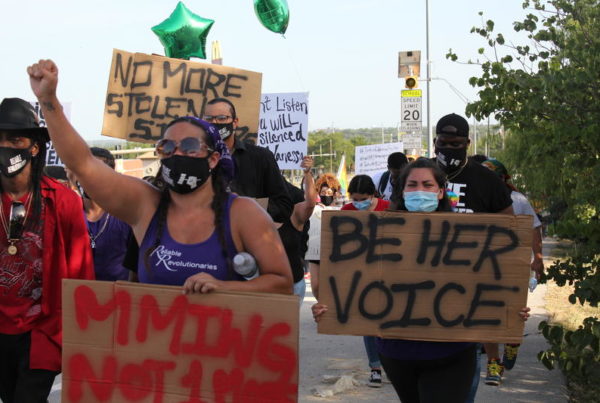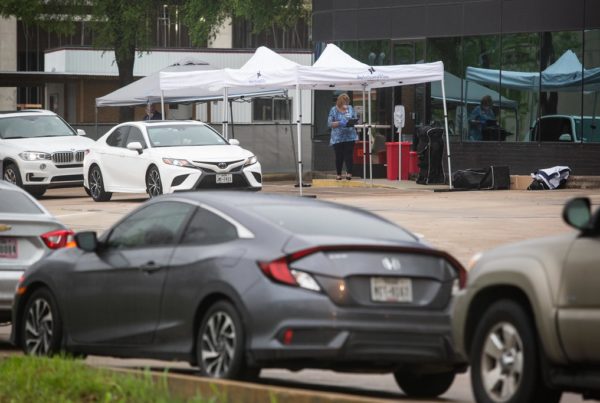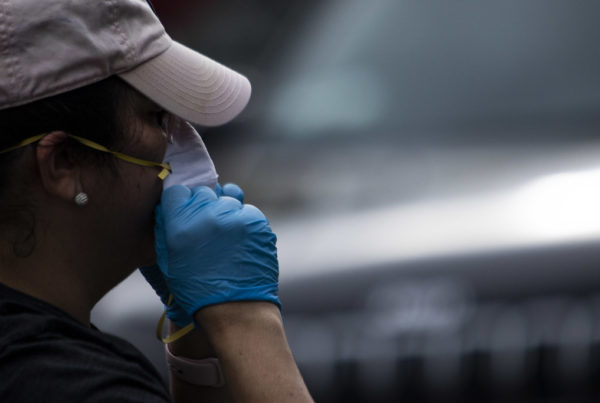In the United States, presidents aren’t chosen directly by the people, but by electors appointed to cast ballots in accordance with the popular vote – they make up the Electoral College. Now, the Supreme Court has weighed in on the question of whether an elector must cast a vote for the candidate they have been appointed to represent: in a nutshell, it left the decision up to the states.
The dispute goes back to 2016 when an abnormally high number of electors broke with their party and voted for a different presidential candidate. In Texas, for example, two Republican electors voted for candidates other than Donald Trump: one voted for candidate, and former Ohio governor, John Kasich; the other voted for former Texas Congressman Ron Paul.
Several states have passed laws to prevent so-called faithless electors from voting for someone other than the candidate for whom they were chosen to vote. But Texas doesn’t have such a law. In the case decided on Monday, the Supreme Court was asked to determine whether a state can prevent faithless electors from voting as they wish.
Lisa Eskow is professor and codirector of the Supreme Court Clinic at the University of Texas School of Law. She told Texas Standard host David Brown that the court ruled states can, indeed, make such laws.
“The constitutional power that is given to appoint electors includes the power to condition that appointment as the state sees fit,” Eskow said.
That means states can require electors to pledge to support the candidate who won the popular vote in their states, or penalize them.
Associate Justice Elena Kagan wrote the opinion, with seven other justices signing onto it, and Associate Justice Clarence Thomas wrote a concurring opinion.
Eskow said it’s unlikely that Texas would pass a faithless elector law, but it’s possible.
“I think if Texas had wanted a law to be able to bind electors to the popular vote, it could have and would have done so,” she said.
Web story by Shelly Brisbin.
















